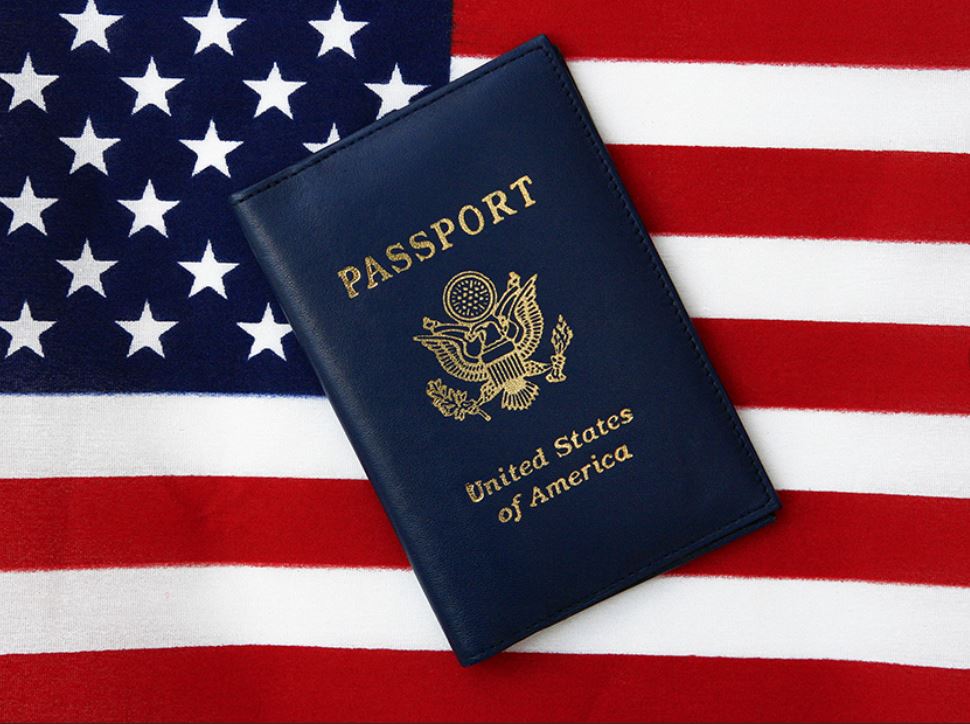APPLY NOW: 12 Free Legal Shields for Skilled & Unskilled Workers (Citizens & Immigrants) in the USA (2024)
Protecting Your Rights in the American Workplace
The American workplace can be a competitive jungle, and navigating legal issues can feel like venturing into uncharted territory. Whether you’re a seasoned professional, a vital cog in the service industry, a U.S. citizen, or a new immigrant seeking a better life, knowing your rights is crucial. This blog post equips you with 12 free or low-cost legal resources available across the United States in 2024, acting as your shield against workplace injustice.
Why Free Legal Help Matters:
- Empowerment: Legal knowledge is power. Understanding your rights and responsibilities in the workplace fosters confidence and a sense of control.
- Fairness for All: Free legal services ensure that everyone has access to legal representation, regardless of income or background. This promotes a level playing field and protects the most vulnerable workers.
- Conflict Resolution: These services can help resolve workplace disputes through mediation or arbitration, avoiding costly and time-consuming court battles.
Important Note:
The availability and scope of free legal services vary significantly across different states and even within the same metropolitan area. While this blog post provides a national overview, it’s crucial to research specific services offered in your location. Don’t be afraid to contact multiple resources to find the best fit for your situation.
12 Free or Low-Cost Legal Shields for Workers in the USA (2024):
- Legal Aid Organizations: These non-profit warriors stand as a crucial line of defense for low-income individuals on various legal issues, including employment matters. They can assist with wage theft, discrimination, wrongful termination, and more. Eligibility criteria vary by organization, so contact your local legal aid office for details. You can find them through the American Bar Association website or by searching online for “[your state] legal aid.”
- Worker Centers: Think of worker centers as community-based champions for working people. They advocate for worker rights, especially for low-wage earners and immigrants. Services may include legal consultations, workshops on navigating workplace legalities, and representation in specific cases. Find your local hero by searching online for “[your city] worker center” or “[your industry] worker center.”
- Government Labor Agencies: The U.S. Department of Labor (DOL) and its state counterparts act as watchdogs, enforcing federal and state labor laws. They offer resources and information on workers’ rights, including minimum wage, overtime pay, and workplace safety regulations. They may also provide mediation services to resolve disputes. Explore the DOL website (https://www.dol.gov/) and your state’s Department of Labor website for resources and potential legal assistance options.
- Law School Legal Clinics: Law schools in some areas operate legal clinics staffed by law students supervised by experienced professors. These clinics offer free legal services to low-income individuals and workers on various matters, including employment law issues. Contact your local law schools to inquire about their legal clinic programs.
- Bar Association Lawyer Referral Services: Many state bar associations offer referral services that connect individuals with pre-vetted lawyers specializing in various areas, including employment law. These referrals may come with a consultation fee, but can be a good option to find affordable legal representation. Contact your state’s bar association for details on their referral program.

Beyond the Basics:
The previous resources provide a solid foundation, but here are some additional options to consider:
- Union Legal Services: Labor unions are powerful advocates for their members, often offering legal representation in cases related to workplace disputes, unfair dismissal, and contract negotiations. Union membership typically comes with dues, but the legal services can be invaluable. Research relevant unions in your industry and consider joining if eligible.
Information at Your Fingertips:
- Hotlines and Online Resources: Several hotlines and online resources offer free legal information and guidance on workers’ rights in the USA. These resources may provide initial advice on basic employment law issues but are not a substitute for professional legal representation. Some examples include:
- Equal Employment Opportunity Commission (EEOC) Helpline: 1-800-669-EEOC (1-800-669-3362)
- National Employment Law Project (NELP) website: https://www.nelp.org/
- American Civil Liberties Union (ACLU) Workers’ Rights Page: https://www.aclu.org/
Taking Charge of Your Case (Continued):
- Pro Se Legal Assistance Programs: Some court systems offer programs to assist individuals representing themselves in court (pro se) on civil matters, which may include some employment law cases. These programs may provide guidance on court procedures and paperwork filing. Check the website of your local court for information on pro se legal assistance programs.
- Law Student Volunteers: Law student organizations in some areas offer legal advice programs or clinics providing free consultations on basic employment law issues. Don’t hesitate to contact your local law school’s student association to inquire about such programs.
- Legal Aid Clinics at Community Colleges: Similar to law school clinics, some community colleges operate legal aid clinics offering free legal consultations or limited representation on employment law issues. Research community colleges in your area to see if they have such programs.
- Legal Services for Immigrants: Immigrant workers face unique challenges in the workplace. Several organizations specialize in legal services for immigrants, including employment law issues. These organizations can be particularly helpful with navigating discrimination based on national origin or unfair labor practices that target immigrant workers. Search online for “[your state] immigrant legal services” or contact immigrant rights organizations in your area.
- Consultations with Private Attorneys: While not technically “free,” some private attorneys offer free initial consultations to discuss your case and assess your legal options. This can be a valuable first step, especially for complex legal issues. Be sure to inquire about consultation fees upfront and shop around to find an attorney who specializes in employment law.
Remember: Knowledge is power. By familiarizing yourself with the resources available, you can approach any workplace legal issue with confidence and a clear path forward. Don’t hesitate to seek help, and remember, you have rights!


